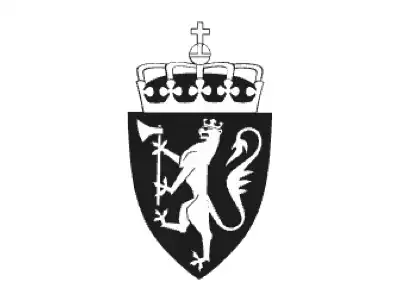Finanstilsynet
|
Finanstilsynet, also known as the Financial Supervisory Authority of Norway, is the primary regulatory authority overseeing the financial markets in Norway. Established in 1986, Finanstilsynet has played a crucial role in ensuring the stability and integrity of the country’s financial sector.
Finanstilsynet History
Finanstilsynet was established in 1986 as a result of the merger between the Insurance Council (Forsikringsrådet) and the Banking, Securities, and Real Estate Commission (Bank-, børs- og eiendomstilsynet). The creation of Finanstilsynet aimed to strengthen the regulatory framework for financial services in Norway and promote the development of a competitive and internationally recognized financial market. Over the years, Finanstilsynet has played a significant role in developing and implementing policies that promote transparency, efficiency, and investor protection in the Norwegian financial sector.
Finanstilsynet Scope and Supervision
The primary objective of Finanstilsynet is to maintain the stability and integrity of the financial sector in Norway. Its wide-ranging responsibilities include:
- Licensing and regulating financial institutions: Finanstilsynet oversees various financial institutions, such as banks, insurance companies, pension funds, investment firms, and securities market participants, ensuring they adhere to strict regulations and maintain market stability.
- Supervising the financial markets: Finanstilsynet is responsible for regulating and supervising the financial markets in Norway, ensuring proper disclosure, transparency, and fair trading practices.
- Implementing anti-money laundering and counter-terrorism financing measures: Finanstilsynet enforces compliance with anti-money laundering (AML) and counter-terrorism financing (CTF) regulations to maintain the integrity of the financial system.
- Protecting consumers and investors: Finanstilsynet works to safeguard the interests of consumers and investors by enforcing regulations, promoting transparency, and raising awareness of potential risks.
Finanstilsynet Investor Compensation Guarantees
Norway has an investor compensation scheme in place, known as the Norwegian Banks’ Guarantee Fund, which provides compensation to eligible depositors and investors in cases where a financial institution fails or becomes insolvent. The scheme covers deposits of up to NOK 2 million (approximately EUR 200,000) per depositor and per institution. Additionally, the Norwegian Investor Compensation Scheme compensates investors for losses resulting from the failure of an investment firm. The level of compensation depends on the specific case and the nature of the claim, covering up to 90% of the investment, with a maximum amount of EUR 20,000. These guarantees ensure that investors are protected from the adverse effects of financial institution failures.
Organization Type
Finanstilsynet is an independent government agency operating under the jurisdiction of the Norwegian Ministry of Finance. Its independent status allows Finanstilsynet to make impartial decisions in the best interest of the financial markets and investors. Finanstilsynet is governed by a board of directors, which is responsible for setting the strategic direction and ensuring effective oversight of the organization’s operations. The day-to-day operations of Finanstilsynet are managed by its Director General, who is supported by a team of specialists and experts.






